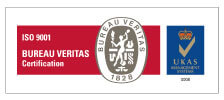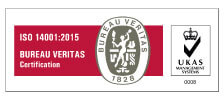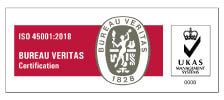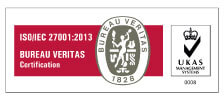What is an Employee Assistance Programme?
Summary of Service
Employee Assistance Programmes (EAP) are employee benefit programmes offered by many employers. EAP are intended to help employees deal with personal problems that might adversely impact their work performance, health and wellbeing. EAP generally include assessment, short-term counselling and referral services for employees and their immediate family - wherever they are in the world.
For every £1 invested in an employee assistance programme, organisations can expect to see, on average a 10x return on investment.
Really making a difference
It is not an exaggeration to state that Health Assured’s approach has revolutionised the EAP market, moving the model from passive, reactive care to clinical based, proactive and interventional support for the immense benefit of both the employee and employer.
Relationship Management
Service is a key factor in our continued growth and success. Every client irrespective of size has an allocated Relationship Manager who will be available to answer any queries you have and be your point of contact throughout your contract.
Related services
Critical Incident Management
Our Critical Incident Management service provides a fully trained trauma counsellor or counselling team to be onsite, typically within 24 to 48 working hours to deliver a specialist group counselling debriefing. Our EAP clients will also have immediate access to 24 hour telephone support to assist with the management of the incident.
Counselling Service
Health Assured recognises there can be times when additional support is needed for employees and managers alike. Balancing the pressures of work with the needs of home and personal life can be at times, stressful. Our employee counselling service provides complete nationwide coverage and guarantees all of our counsellors meet stringent quality criteria.
Health Assured’s standard counselling model of short-term goal oriented counselling is ideally matched to an organisation’s requirements and our professionals aim to resolve workplace issues within a short-term model. Our counsellors can also deliver a range of trauma-specific interventions, including Cognitive Behavioural Therapy (CBT) and Eye Movement Desensitisation and Reprocessing (EMDR)*.
All Health Assured counsellors hold as a minimum, a qualification in Counselling or Psychotherapy that is accredited by the British Association for Counselling and Psychotherapy (BACP), UK Council for Psychotherapy (UKCP), the British Association for Behavioural & Cognitive Psychotherapies (BABCP) or the Irish Association for Counselling and Psychotherapy (IACP).
- Our counsellors have 3 years post qualification experience and have conducted 250 hours of counselling training, 250 hours of counselling practice and 40 hours of private client contact time of at least in the past year.
- Counselling is conducted in therapy rooms which offer a confidential and safe environment, in line with BACP guidance and Health Assured’s premises checks.
- Our counsellors are insured, indemnified and engaged in continuous personal development for both Health Assured and their relevant governing body.
A contract is not required to arrange ad-hoc face-to-face counselling, we simply ask you to complete a referral form and email it to Health Assured.
All this comes as standard
- Free 24/7 counselling, legal & information line
- Critical incident advice & telephone support
- Online health portal & access to the Wisdom App
- Relationship management support & usage reporting**
- Management support line & counselling
- Manager support guides
* EMDR and trauma-focused CBT are available on an ADHOC basis.
**MI reporting is subject to the terms and conditions of contract dependent on the size of the organisation.
Talk to an expert or call us 0800 206 2532




















